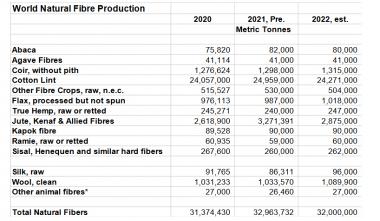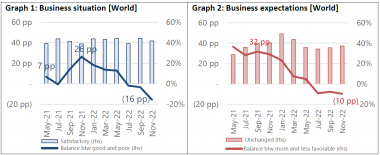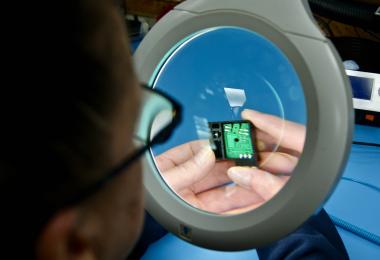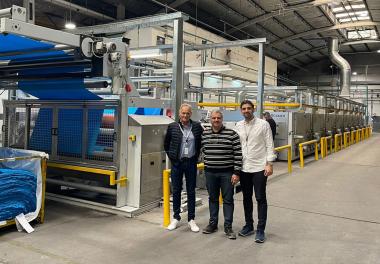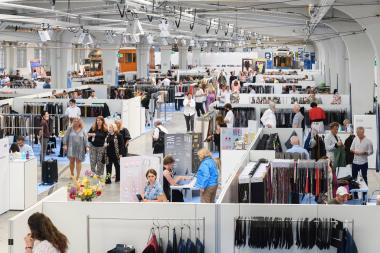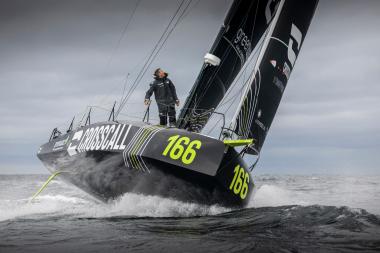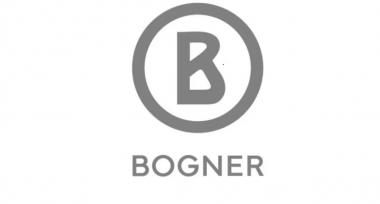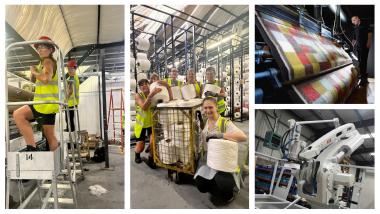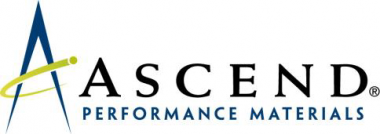DyStar: Global market changes cause leadership adaptions
Yalin Xu has been appointed Managing Director and President of DyStar Group by the Board of Directors. He will be directly responsible for the management and operations of DyStar Group. Mr Xu first joined DyStar in 2010 and has since been the Executive Board Director.
Eric Hopmann has been redesignated as CCO (Chief Commercial Officer), with a focus on Sales and Marketing of DyStar Group. He will continue to report to Yalin Xu. Mr Hopmann was with DyStar when the company started in 1995 and has been leading various leadership positions at DyStar Group, including the most recent CEO role, to which he was appointed in 2014.
DyStar’s leadership change is in response to the rapid global market changes, and to enable the group to accelerate growth and drive productivity. The group wants to streamline their operations and better utilise resources efficiently across the network.
DyStar
DyStar Singapore Pte Ltd





